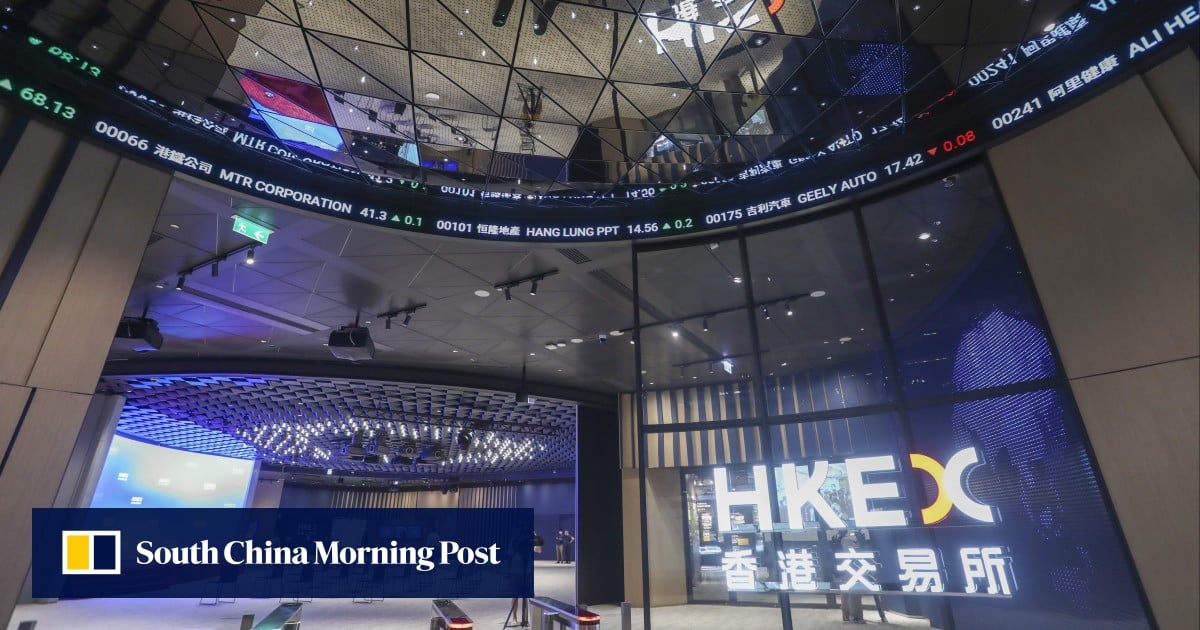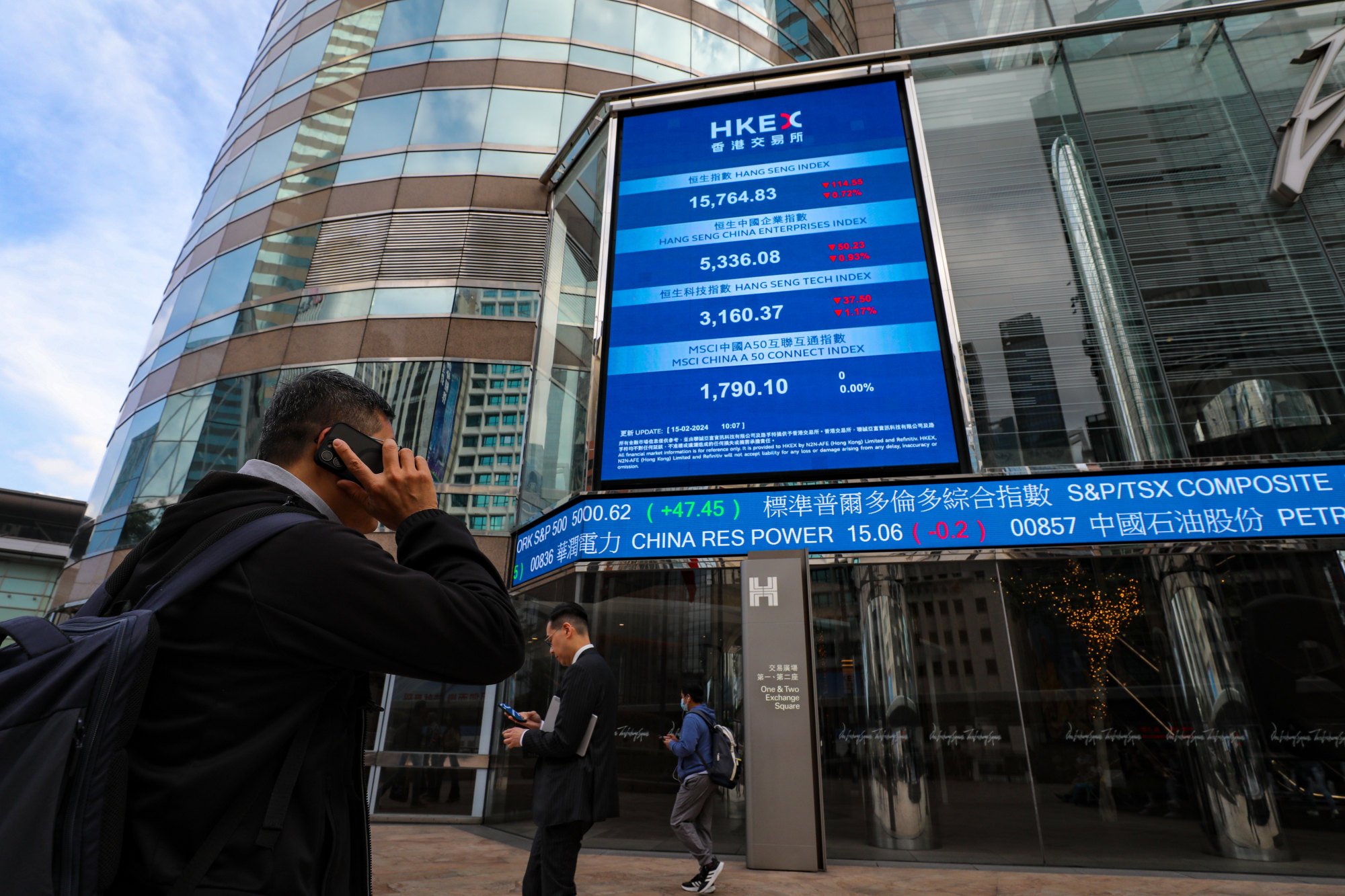
02 Apr Hong Kong stock exchange’s ‘double-dip’ IPO reform gets few takers as investors shy away from listings
However, amid sluggish IPO activity, the take-up rate has been minimal so far.

In the first quarter of 2024, only one company, Beijing Health Guard Biotechnology, filed a waiver to use the rule change among 65 companies that sought listings on the mainboard, according to the Post’s research.
Under the rule change, a company needs to demonstrate that its IPO meets the new size-based exemption conditions, which include the IPO size exceeding HK$1 billion (US$127.8 million) and that existing shareholders and cornerstone investors are not receiving preferential treatment via a waiver application.
Beijing Health Guard, which has developed a vaccine for human papillomavirus, is reportedly planning to raise between US$200 million and US$300 million.
“With the market being more challenging, cornerstone investors are now more selective with the deals they want to invest in,” said John Lee, vice-chairman and co-head of Asia country coverage at UBS.
China’s first-quarter IPOs fall 65% amid regulator’s focus on quality
China’s first-quarter IPOs fall 65% amid regulator’s focus on quality
Smaller IPO sizes may also be a factor in the low uptake of the double-dipping rule.
“In these kinds of down markets, it’s quite difficult to ask investment funds, family offices, or high-net-worth individuals to participate as cornerstone investors,” said Billy Au, a partner at Mayer Brown.
Hong Kong’s IPO market shrinks in first quarter amid tighter rules, poor values
Hong Kong’s IPO market shrinks in first quarter amid tighter rules, poor values
“Why do I take up the shares as a cornerstone investor at this point and be locked up for at least six months? It’s quite difficult for investors to make such a decision. Why not just wait for the company to be listed, then see whether the valuation is justifiable in the secondary market?”
Investors who double dip could benefit as the additional shares they subscribe to are not subject to a six-month lock-up period.
“Affording such flexibility incentivises investors to commit early as cornerstone investors who will get an assured portion subject to disposal restrictions, but at the same time, [also get] a second bite of the cherry to participate in the placing tranche for additional shares, which can be traded immediately after the IPO closes,” said Raymond Ng, a partner at law firm Harneys.
“This lowers execution risk and raises the success rate of an IPO.”
Ng believes that the double-dip rule will attract more use when market conditions improve and demand for IPO shares increases.
Hong Kong must promote itself to attract global IPOs, capital: Paul Chan, Bonnie Chan
Hong Kong must promote itself to attract global IPOs, capital: Paul Chan, Bonnie Chan
An HKEX spokesperson said in a written response to the Post that the double-dipping reform aims to “provide more flexibility for independent investors to participate in IPOs, while striking an optimal balance between market facilitation and investor protection”.
GEM is the exchange’s second board, formerly known as Growth Enterprise Market.
